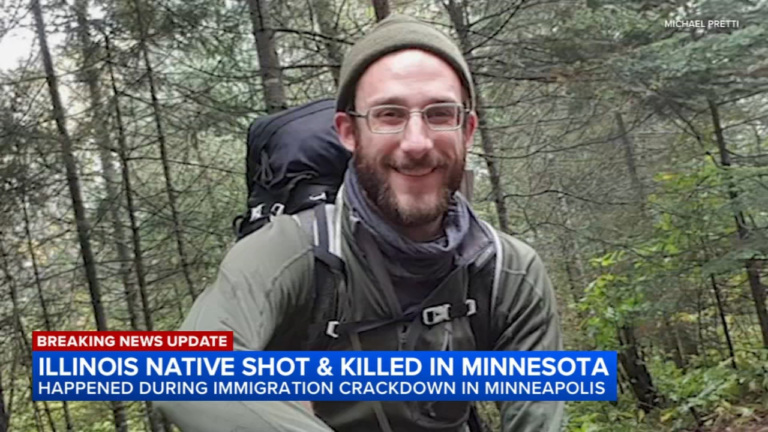Columbia University is actively engaging with President Donald Trump’s administration to address and strengthen its disciplinary processes following significant federal funding cuts due to concerns over antisemitism on campus.

(President Donald Trump showing his will to fight for freedom)
Background: Federal Funding Withdrawal
On March 7, 2025, the Trump administration announced the cancellation of approximately $400 million in federal grants and contracts to Columbia University. This decision was attributed to the university’s alleged “continued inaction in the face of persistent harassment of Jewish students” and its perceived noncompliance with federal anti-discrimination laws
The revoked funds, which constitute about 8% of Columbia’s federal funding, primarily supported healthcare and scientific research initiatives. The administration’s move underscores a broader commitment to enforcing compliance with anti-discrimination statutes across educational institutions.
University’s Response and Commitment

(Interim President Katrina Armstrong the fourth Ivy League president with an extensive medical background to assume office)
According to nypost.com Interim President Katrina Armstrong acknowledged the gravity of the funding cuts, stating that they would “immediately impact research and other critical functions” of the university. She emphasized that Columbia takes these actions “very seriously” and is prepared to collaborate with the government to address its “legitimate concerns.”
Armstrong highlighted that upon assuming her role in August 2024, she recognized the necessity for a “reset” following a tumultuous period marked by campus protests and encampments. She expressed a commitment to “acknowledge and repair the damage to our Jewish students, who were targeted, harassed, and made to feel unsafe or unwelcome on our campus last spring.”
Previous Campus Unrest and Administrative Changes
In April 2024, Columbia’s campus became a focal point for pro-Palestinian protests, leading to the establishment of the “Gaza Solidarity Encampment,” which consisted of approximately 50 tents. The protesters demanded that the university divest from Israel. The initial encampment was dismantled when then-President Minouche Shafik authorized the New York City Police Department (NYPD) to intervene, resulting in over 100 student arrests.
These events led to significant criticism of Shafik’s handling of the situation, including a no-confidence vote from the faculty. In August 2024, Shafik resigned from her position, and Katrina Armstrong was appointed as interim president.
Moving Forward: Enhancing Campus Policies
Armstrong has acknowledged that Columbia’s disciplinary processes “previously only existed on paper,” indicating a need for more robust and actionable policies. The university is now focused on implementing concrete measures to ensure the safety and inclusion of all students, particularly those from marginalized communities.
The administration is actively reviewing its policies and is committed to working closely with federal authorities to restore the revoked funding. This collaboration aims to reinforce Columbia’s dedication to fostering a campus environment free from discrimination and harassment.
In summary, Columbia University is taking decisive steps to address past shortcomings in its disciplinary processes. By collaborating with the federal government and implementing more effective policies, the university seeks to rebuild trust and ensure a safe and inclusive environment for all members of its community.


